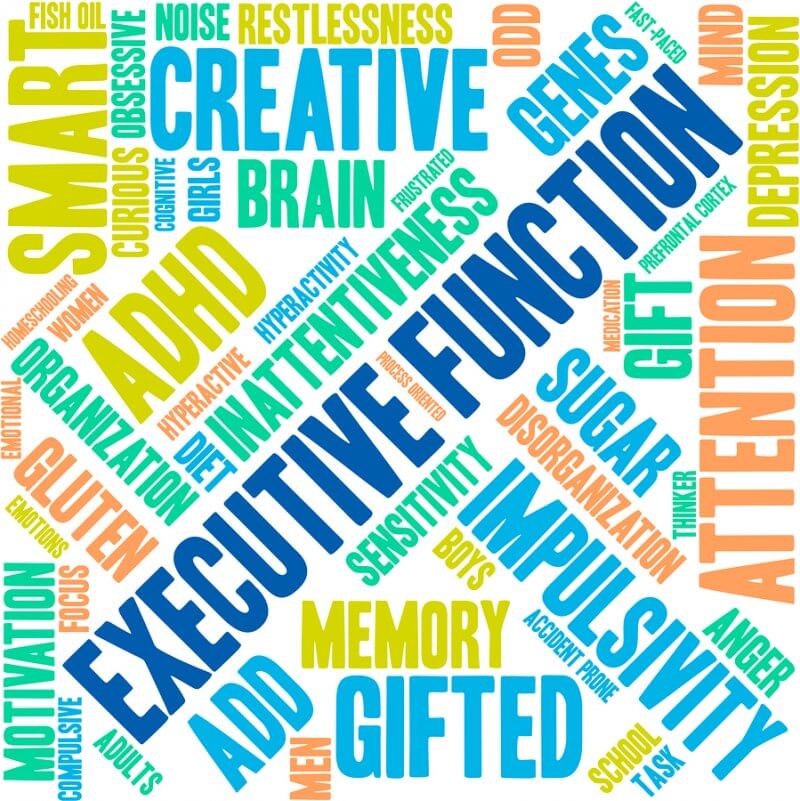Executive function: what is it, and how do we support it in those with autism? Part I
Executive function is a term that is widely used in autism circles to describe a broad array of skills that have to do with an individual’s cognitive function . Some sources say that up to 80% of those with autism suffer from executive function disorder, leading to difficulties managing time, completing tasks, and making what for many of us would be…















